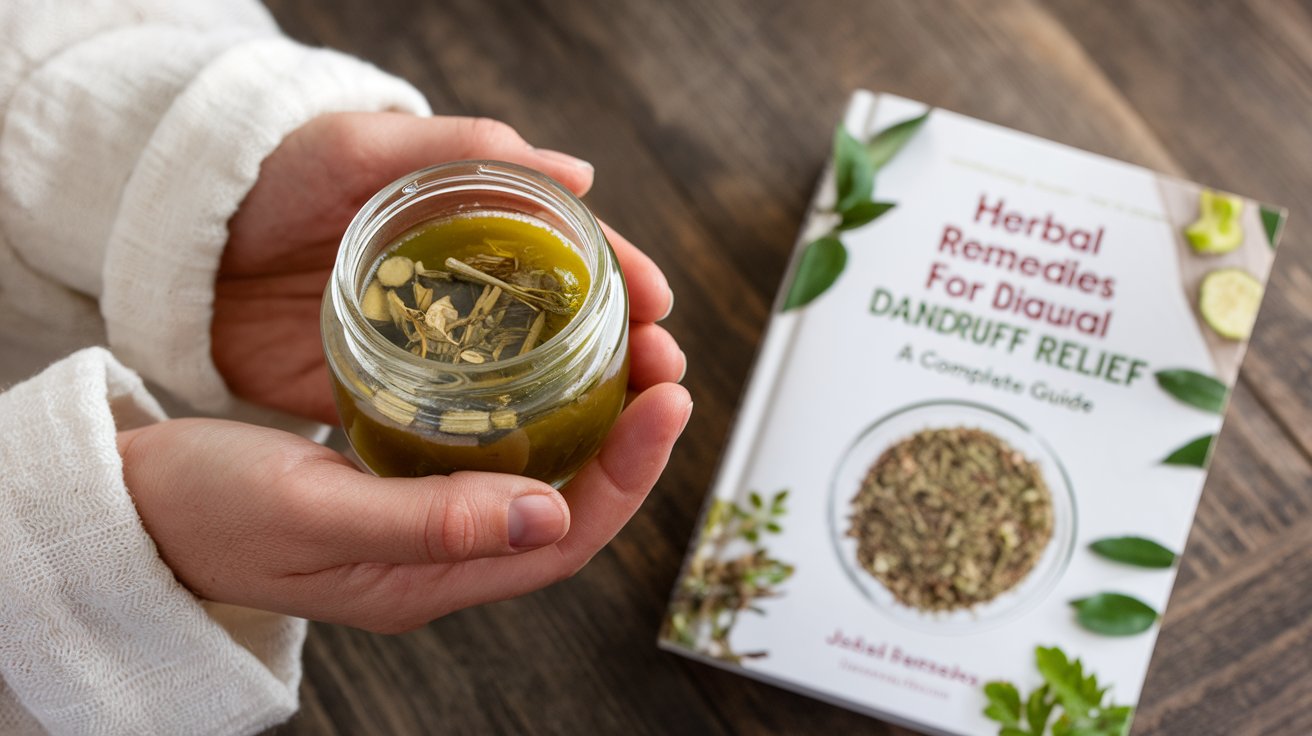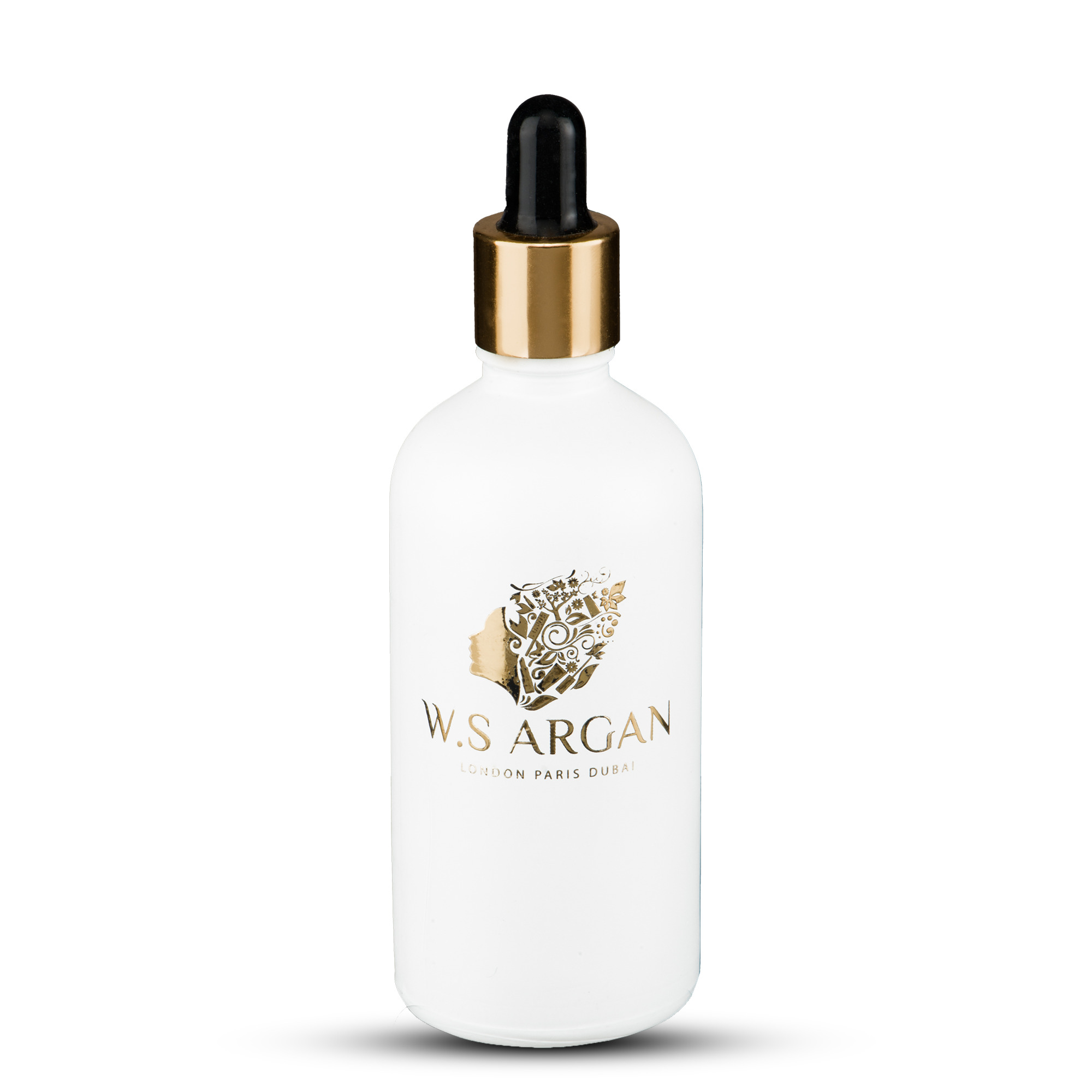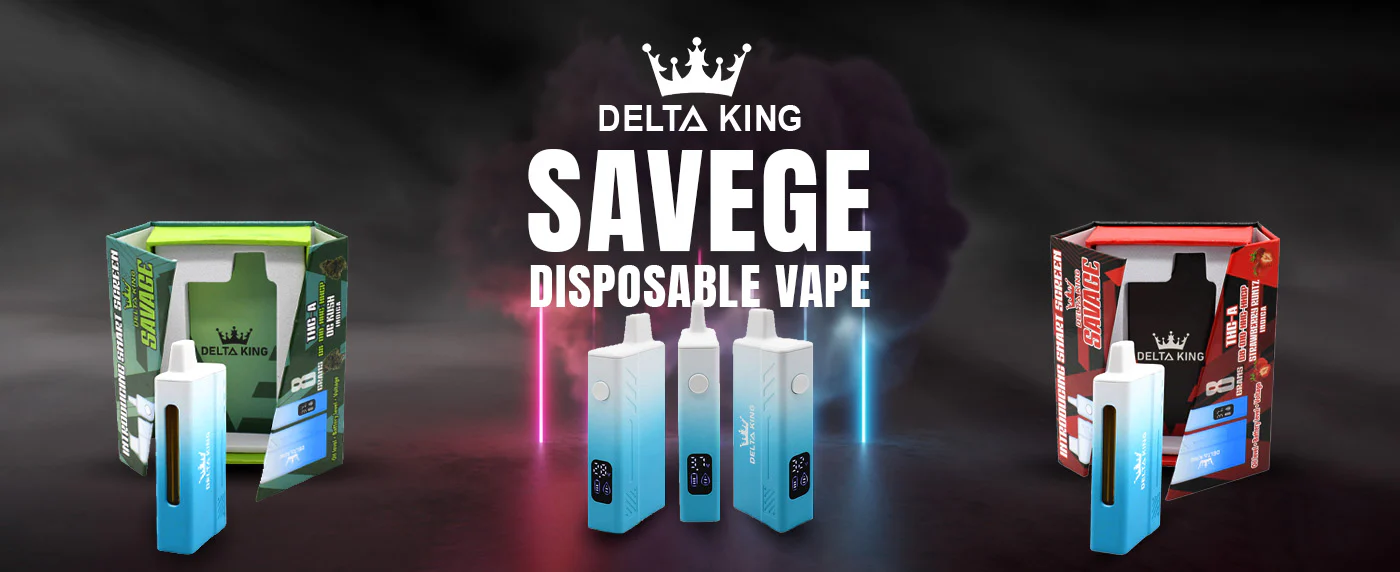Dandruff is a common scalp issue that leads to itchy, flaky skin, often causing discomfort and self-consciousness. While there are many chemical-based solutions available, herbal remedies for dandruff are increasingly popular for those looking to manage the condition naturally. In this guide, we’ll explore some of the most effective herbal treatments and how they can help combat dandruff while promoting overall scalp health.
Why Choose Herbal Remedies for Dandruff?
Herbal remedies for dandruff offer a natural, gentle alternative to harsh chemicals often found in traditional anti-dandruff products. Many herbs contain antifungal, anti-inflammatory, and moisturizing properties, making them ideal for soothing the scalp and reducing dandruff. Additionally, herbal remedies are often more affordable and have fewer side effects.
Top Herbal Remedies for Dandruff
-
Neem (Indian Lilac) Neem is a powerful herb widely known for its antifungal and antibacterial properties, which help combat the fungus associated with dandruff. Applying neem oil or a neem-based scalp treatment can reduce flakes, soothe irritation, and support scalp health.
- How to Use: Boil neem leaves in water, strain, and use the infused water as a scalp rinse. Alternatively, apply neem oil directly to the scalp, leave it on for about 30 minutes, and rinse with water.
-
Aloe Vera Aloe vera is a natural moisturizer that can help soothe an irritated scalp while reducing dandruff. Its antibacterial and antifungal properties make it effective in keeping the scalp balanced and dandruff-free.
- How to Use: Apply pure aloe vera gel directly to your scalp, let it sit for 20-30 minutes, and then rinse it off with a shampoo for dandruff removal to ensure a clean finish.
-
Tea Tree Oil Tea tree oil has potent antifungal properties that help reduce dandruff caused by scalp fungi. Additionally, it can relieve itching and inflammation, making it a popular ingredient in anti-dandruff products.
- How to Use: Add a few drops of tea tree oil to your regular shampoo or apply a diluted solution of tea tree oil and carrier oil (like coconut oil) directly to your scalp. Leave it on for 10-15 minutes before rinsing.
-
Fenugreek Seeds Fenugreek, or methi, is a natural remedy known to strengthen hair roots and treat dandruff effectively. It contains nicotinic acid and proteins that promote scalp health and reduce flakes.
- How to Use: Soak fenugreek seeds in water overnight, grind them into a paste, and apply it to your scalp. Leave it on for 30 minutes, then wash with a gentle shampoo for dandruff removal to eliminate residue.
-
Basil Leaves (Tulsi) Basil leaves are rich in antibacterial and antifungal properties that help clear dandruff and maintain a healthy scalp. Tulsi soothes scalp irritation and can control excess oil production, reducing the likelihood of dandruff.
- How to Use: Blend fresh basil leaves into a paste, apply it to your scalp, and leave it on for 20-30 minutes. Rinse thoroughly with water.
-
Apple Cider Vinegar While not an herb, apple cider vinegar is a popular natural remedy that helps balance scalp pH and reduce fungal growth associated with dandruff. Its acidic nature can reduce flakes and restore scalp health.
- How to Use: Mix equal parts apple cider vinegar and water, apply it to your scalp, and let it sit for 10-15 minutes. Rinse with water, and follow up with a shampoo for dandruff removal to ensure a clean finish.
-
Rosemary Oil Rosemary oil is known to improve blood circulation to the scalp and reduce excess oil, which can contribute to dandruff. It also has antimicrobial properties, making it effective in reducing dandruff and promoting hair growth.
- How to Use: Mix a few drops of rosemary oil with a carrier oil (such as coconut or olive oil), massage into your scalp, and leave it on for at least 30 minutes before washing out.
-
Lemongrass Lemongrass oil has antifungal properties that make it effective in reducing dandruff. It also has a refreshing scent, which leaves your hair smelling great.
- How to Use: Add a few drops of lemongrass oil to your regular shampoo, or mix it with a carrier oil and apply it to the scalp. Leave it on for 10-15 minutes before rinsing.
Complementing Herbal Remedies with a Quality Anti-Dandruff Shampoo
While these herbal remedies are effective, combining them with quality shampoo for dandruff removal can enhance their benefits. Look for a shampoo with natural ingredients or specifically formulated to support scalp health. Washing your hair with an anti-dandruff shampoo can help prevent the buildup of oils and dead skin cells that contribute to dandruff, leaving your scalp clean and fresh.
Lifestyle Tips for Managing Dandruff
In addition to using herbal remedies, lifestyle changes can also help reduce dandruff:
- Manage Stress: Stress can worsen dandruff symptoms, so incorporating relaxation techniques like meditation or yoga may help.
- Maintain a Balanced Diet: A nutrient-rich diet, including vitamins B, D, and E, zinc, and omega-3 fatty acids, supports scalp health.
- Avoid Harsh Hair Products: Avoid products containing sulfates, parabens, or alcohol, as these can irritate the scalp and worsen dandruff.
Conclusion
Herbal remedies offer a natural and effective approach to managing dandruff, using ingredients with antifungal, soothing, and moisturizing properties. From neem and aloe vera to tea tree oil, these natural solutions can help maintain a healthy scalp without harsh chemicals. For best results, use a high-quality shampoo for dandruff removal alongside these remedies to keep your scalp clean and flake-free. With the right combination of herbal treatments and lifestyle adjustments, you can achieve relief from dandruff and enjoy a healthier scalp.





